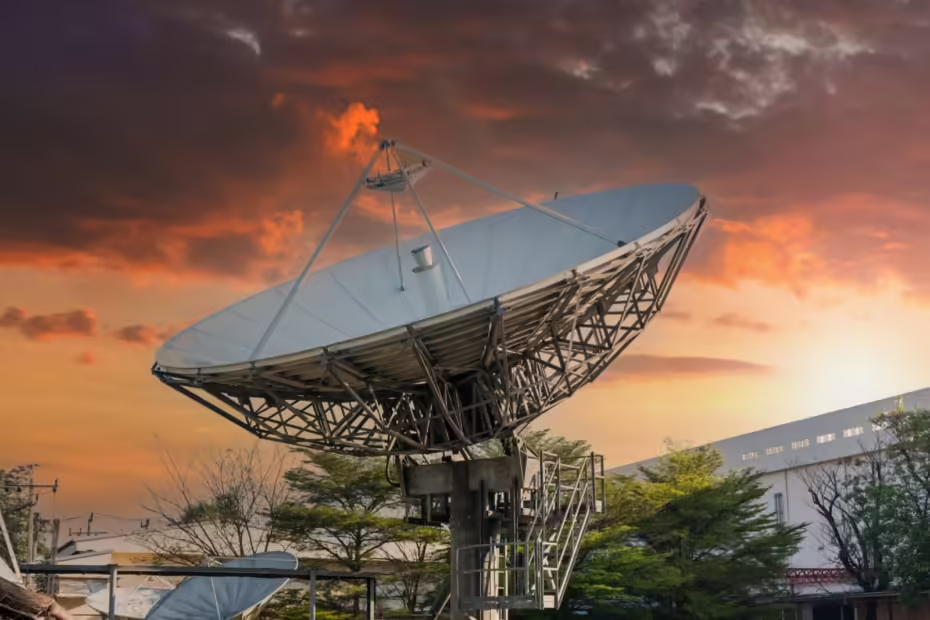Zambia is ready to take its place in space data analysis with the commissioning of the Ground Receiving Station in Chibombo District.
The facility, which cost US$14 million to build, is now fully operational and receiving data from space. Experts from the National Remote Sensing Center are already analyzing the data for use in various sectors.
The Ground Receiving Station is a unit under the Ministry of Technology and Science. It aims to drive informed decision-making in the country.
Technology and Science Minister, Hon. Felix Mutati, confirmed that tests have been successfully conducted, and the station is now in full operation.
Also Read: GITEX GLOBAL 2024: Dubai Hosts World’s Largest Tech Event with Focus on AI and Digital Economy
Advancing Development Through Technology
Minister Mutati praised President Hakainde Hichilema’s focus on using technology to promote development in Zambia.
He emphasized that the Ground Receiving Station will play a critical role in sectors such as health, agriculture, and mining.
“The amount of data we are already receiving from space is amazing. It is making our experts from UNZA and CBU analyze and help us make informed decisions,” said Mr. Mutati.
The station will collaborate with partners from Sweden and the United States. They will also collaborate with the University of Zambia (UNZA), the Copperbelt University (CBU), and other stakeholders.
Instead of launching its own satellite, Zambia will rely on accessing data from satellites already in orbit. Mr. Mutati stressed that this data is vital for addressing the country’s challenges.
“By accessing data from space, we can know where the minerals are, we can predict the weather and know many things,” he explained.
International Support and Space Science
Swedish astronaut Christer Fuglesang, the first Swedish national to go to space, highlighted the importance of space science. He encouraged Zambians to study space science, noting its benefits for the country’s knowledge and growth.
Additionally, Paula Engwall, Deputy Head of Cooperation at the Swedish Embassy in Zambia, pledged her country’s support for Zambia’s space program. She described the Ground Receiving Station as a “major milestone” in Zambia’s development journey.
The facility is expected to greatly improve decision-making processes, offering crucial insights for the nation’s future planning.

